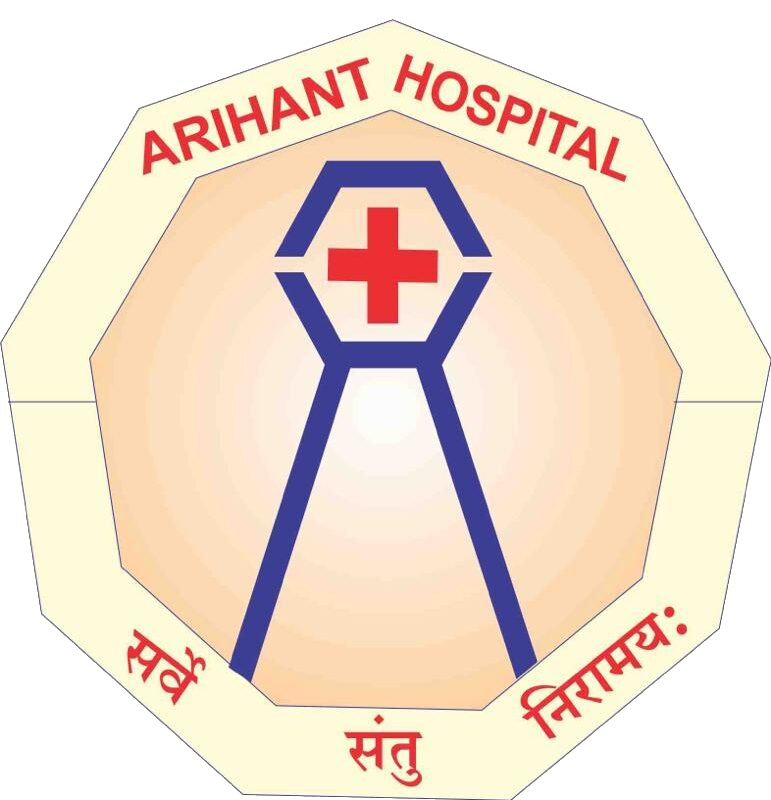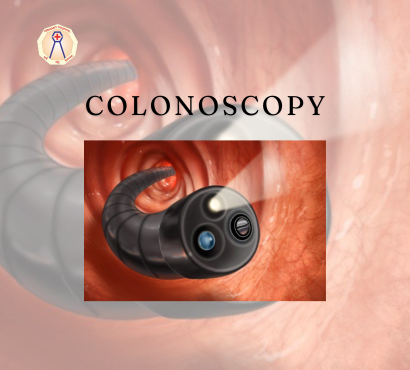A colonoscopy is a vital screening procedure for colorectal cancer, the third most common type of cancer worldwide. It is also used to diagnose other digestive diseases, such as inflammatory bowel disease (IBD) and polyps.
What is a Colonoscopy?
A colonoscopy is a medical procedure that allows your doctor to examine the inside of your large intestine (colon) and rectum. It is performed using a flexible, lighted tube with a camera attached. The tube is inserted through your anus and slowly moved through your colon.
Preparing for a Colonoscopy
Preparing for a colonoscopy involves a bowel cleansing process to ensure a clear view of your colon. Your doctor will provide you with specific instructions on how to prepare. This typically involves drinking a special liquid diet and taking laxatives to empty your bowels.
The Colonoscopy Procedure
The colonoscopy procedure is typically performed in a hospital or outpatient clinic. You will be given medication to help you relax during the procedure. The colonoscope is inserted through your anus and slowly moved through your colon. Your doctor will examine the lining of your colon for any abnormalities, such as polyps or growths.
If any abnormalities are found, your doctor may be able to remove them during the procedure. This is called a polypectomy. Polyps can be precancerous, so removing them can help reduce your risk of developing colorectal cancer.
Recovery from a Colonoscopy
Most people experience minimal discomfort after a colonoscopy. You may feel bloated or have some cramping. You should be able to return to your normal activities within a day or two.
Risks of a Colonoscopy
Colonoscopies are generally safe procedures, but there are some potential risks, including:
- Bleeding
- Infection
- Perforation of the colon (a rare complication)
The risks of a colonoscopy are significantly lower than the risks of colorectal cancer.
Benefits of a Colonoscopy
Colonoscopies are an effective way to detect colorectal cancer early, when it is most treatable. Regular colonoscopies can also help identify and remove polyps before they become cancerous.
When Should I Get a Colonoscopy?
The American Cancer Society recommends that adults at average risk for colorectal cancer should start screening at age 45. If you have a family history of colorectal cancer or other risk factors, you may need to start screening earlier.
A colonoscopy is an important screening procedure for colorectal cancer and other digestive diseases. By understanding what to expect and following your doctor’s instructions, you can help ensure a safe and successful procedure.
FAQs
Q: Is a colonoscopy painful?
A: The colonoscopy procedure itself is usually not painful. However, you may experience some discomfort during the bowel preparation process.
Q: How long does a colonoscopy take?
A: A colonoscopy typically takes 30-60 minutes.
Q: Can I eat or drink before a colonoscopy?
A: You will need to follow a special diet and avoid eating or drinking for a certain period before your colonoscopy. Your doctor will provide you with specific instructions.
Remember, early detection is key in the fight against colorectal cancer.

